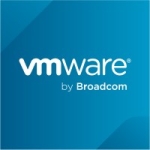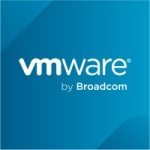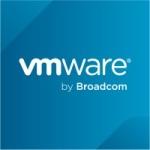Oracle Cloud Platform is user-friendly. It is used for our infrastructure and other services. A form or a database can be created where codes are uploaded. Due to the recent developments, you can also easily upload all the solutions on the cloud, without any plug-ins or forms. The conditions are already defaulted and you will just require it to configure. The platform is new, with a lot of features. However, it isn't as comfortable as AWS and others. Now they are receiving a lot of patches and upgrades which are customized according to the requirements, according to the gaps, including the reconnection filter.
The features allow you to connect the service solutions with the client's requirements. It is user-friendly, easy to navigate and provides assistance.
The customization and the requests put through were not flexible enough. The requests needed to be written and then dispatched to Oracle. The solutions were uncertain, some were resolved early, whereas some of them took time to be dispatched. Oracle needs to address the issues according to the country.
I have been working with Oracle Cloud Platform for three and a half years.
It's stable, but more stability is required because of changes in nature. Updates happen and there are bugs reported. They need to fix those bugs which hamper stability sometimes. In many cases, customization is required across all the systems and companies, which again disrupts the work. Similarly, issues are reported when they are moving to production. Otherwise, it works fine. I rate the stability a four out of five.
It is easy to scale and that is the reason we can use Oracle Cloud Platform in our enterprise.
The requested logging takes time because when an issue comes up, the database isn’t updated with the newest solutions, and takes weeks to resolve the issues. They need to work on customer support.
I previously used SAP. SAP is more of a technical code which made it hard for me to cope with. In comparison, Oracle is more user-friendly and offers consultation.
The initial setup is straightforward. The deployment and the time depend on the project. It's based on the technology that is available for its upload, volume, the nature of the product, and the volume of work we are going to configure. Depending on these, it can be done in minutes or in hours.
Depending on the issue, the maintenance and the requirement of support are also uncertain. Regular maintenance is usually done by the employees. In case of a bigger update, then the requirements change and engineers are required.
It is cheaper as a solution model. It isn’t cheaper than SAP but offers more features and competition.
This solution is much more user-friendly and easy to navigate. It doesn’t require much training, from the end user, or manager's perspective. They can communicate with a lot of other platforms internally and it's beneficial. Overall, it is a nice package and I will rate it seven out of ten.



















